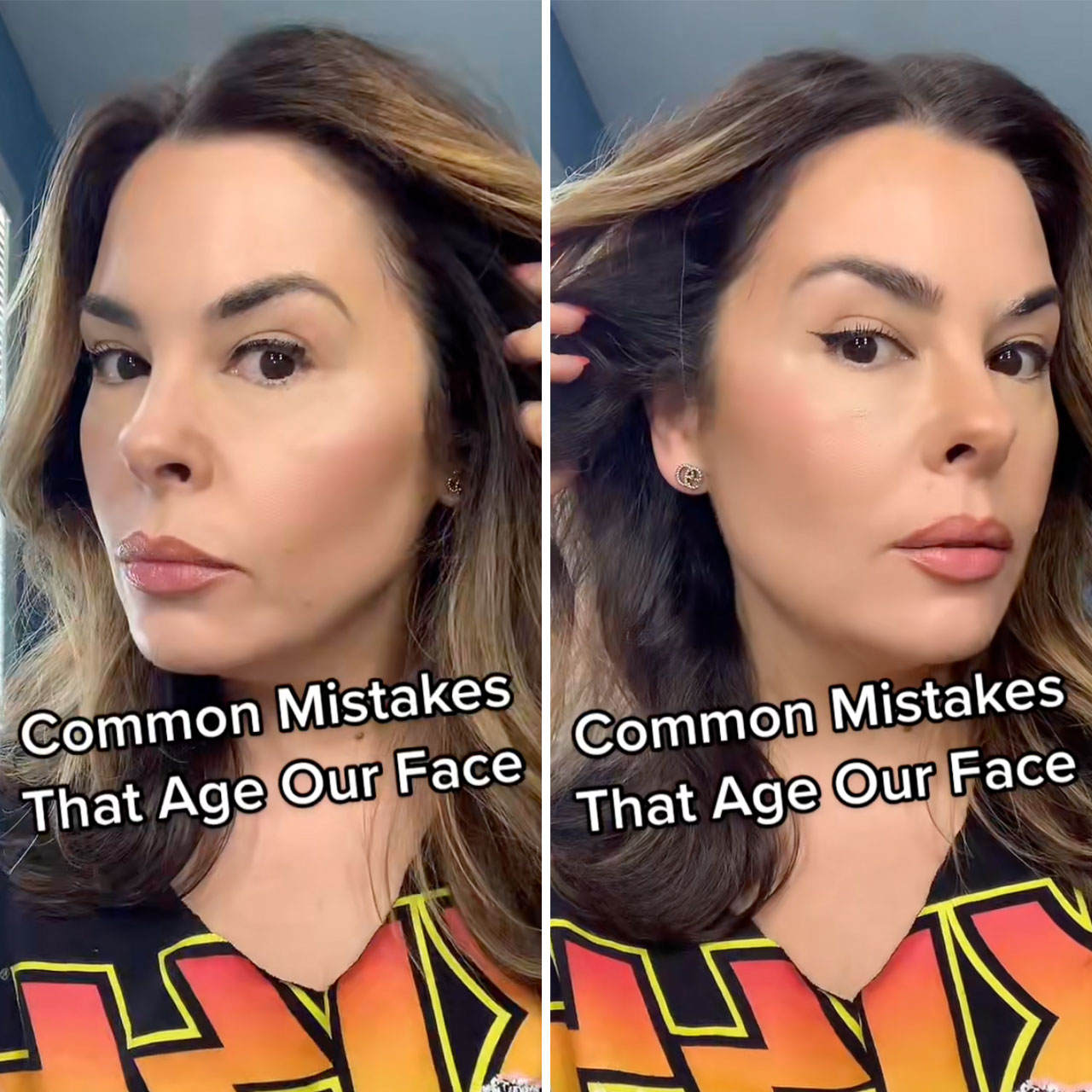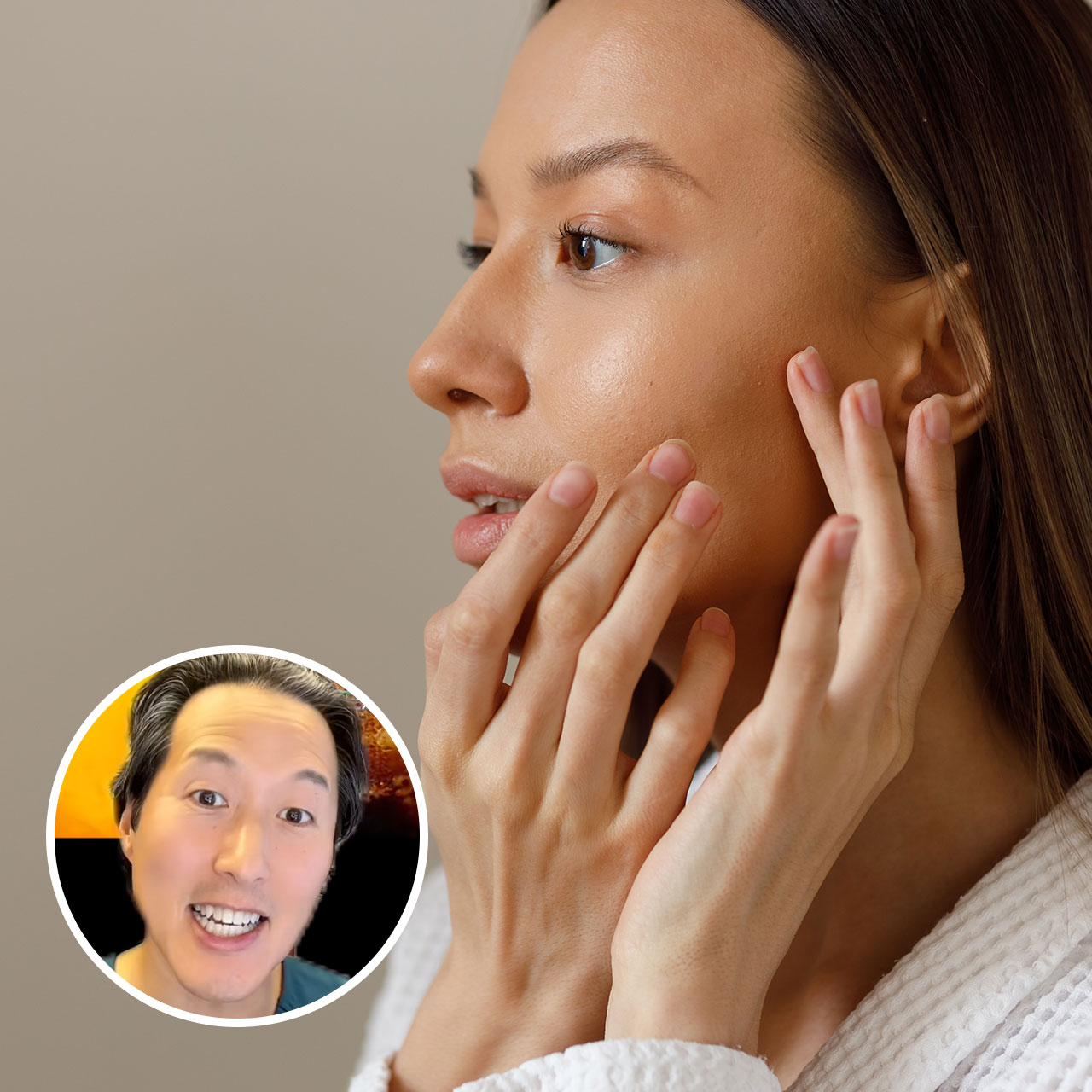If glowing skin is what you want, a personalized, well-curated skincare routine is essential. There are so many products out there that can target a number of issues, from oily skin to wrinkles to acne—but unfortunately, the path to a perfect complexion isn’t as simple as throwing a bunch of miracle-working ingredients together and hoping for the best. Certain products that work great when used on their own can cause less than favorable results when combined with others.
To learn more about which skincare products should never be used together, we spoke to dermatologist Ksenia Sobchak of Loxa Beauty. She told us that while retinol and salicylic acid are both fantastic ingredients, you should always apply them separately if you care about the health of your skin.


Retinol and Salicylic Acid
On their own, retinol and salicylic acid can make great additions to your skincare routine. Retinol is well-known among skincare fanatics and experts alike for its anti-aging benefits, while salicylic acid is a go-to ingredient for many who struggle with acne. However, due to the intensity of these two products, combining them can be detrimental to the health of your skin and can result in dryness, according to Sobchak.
"These products can greatly reduce acne and improve the skin's appearance when used singly," Sobchak notes. "However, combining them can cause overdrying that irritates your skin, worsening the signs." Yikes! That means if your goal is glowing, youthful skin, using both of these ingredients at the same time could be counterproductive. Not only can using retinol and salicylic acid cause a dryer complexion, but it may also result in more acne as your skin tries to combat the dryness with excessive oil production.
So, how can you reap the benefits of both of these great ingredients without wreaking havoc on your face? Sobchak says they should be used at different times of the day. Retinol works best when applied at night, so you can include salicylic acid in your morning routine.
Sobchak also points out that Benzoyl peroxide is another ingredient that doesn't work well with retinoids. "If you combine retinoid and Benzoyl peroxide, one formulation overpowers the other,” she says. But just as with salicylic acid, that doesn't mean you can never use Benzoyl peroxide if you want to use retinol—you just have to remember to keep them separate. That way, they can both work their magic on your complexion without getting in each other's way or overwhelming your skin. Perfect!


























